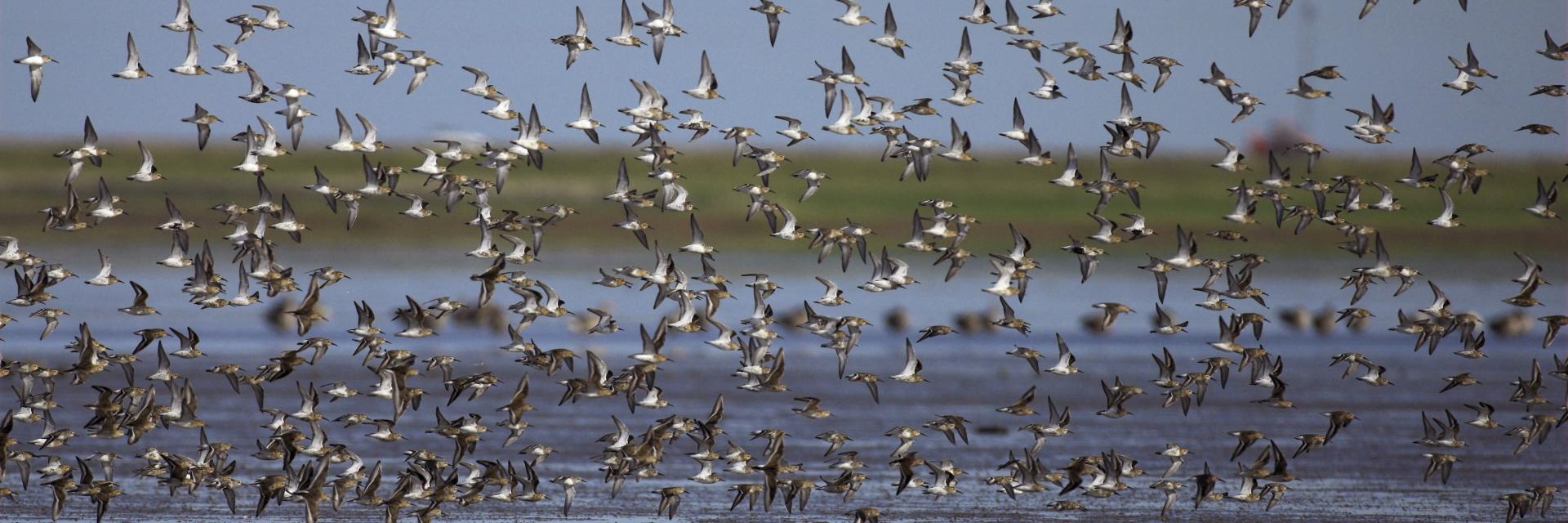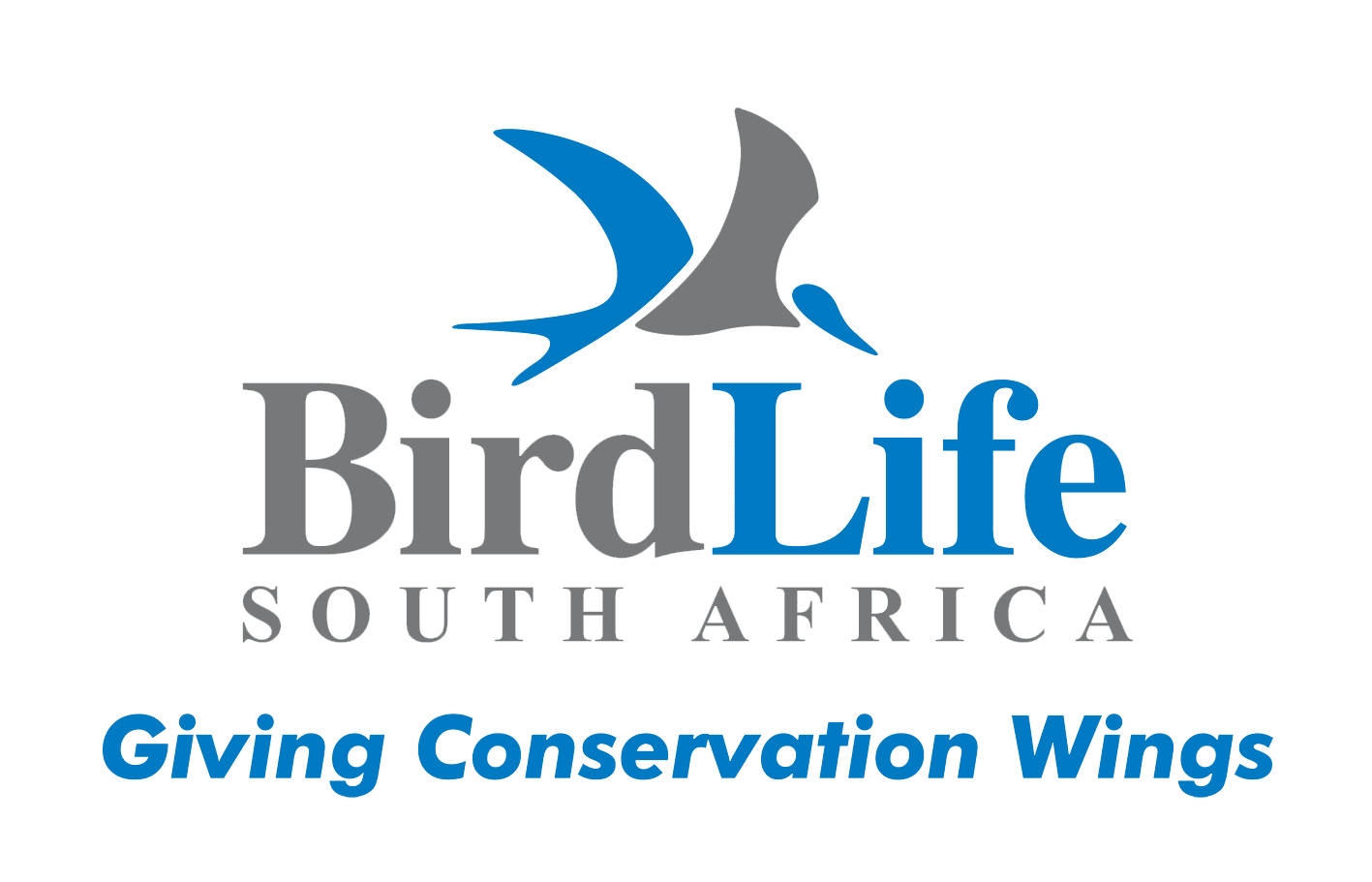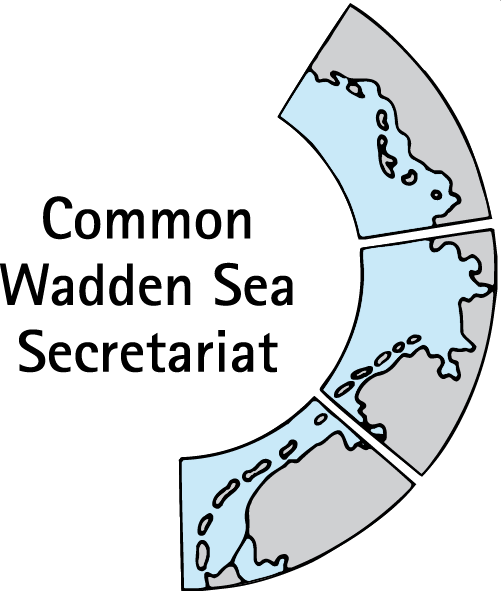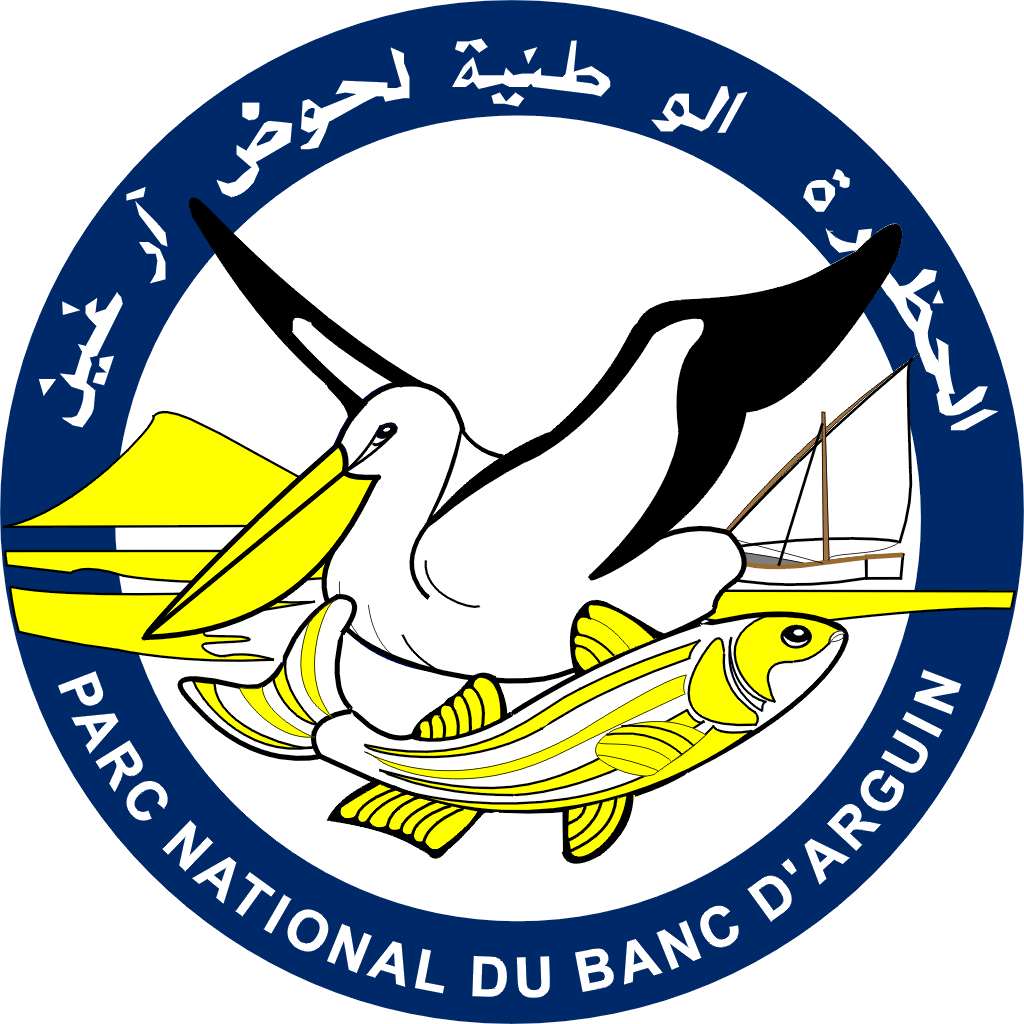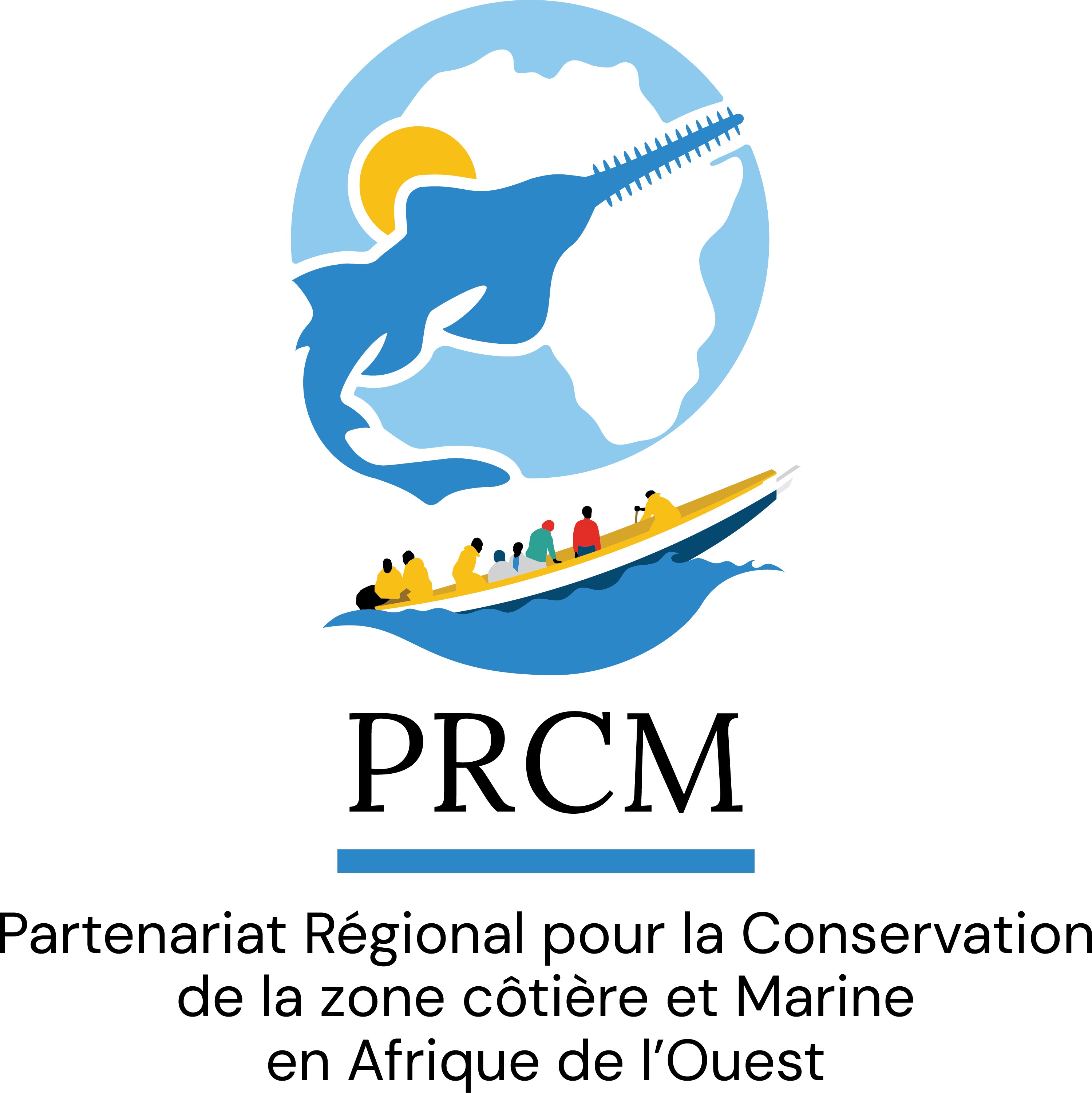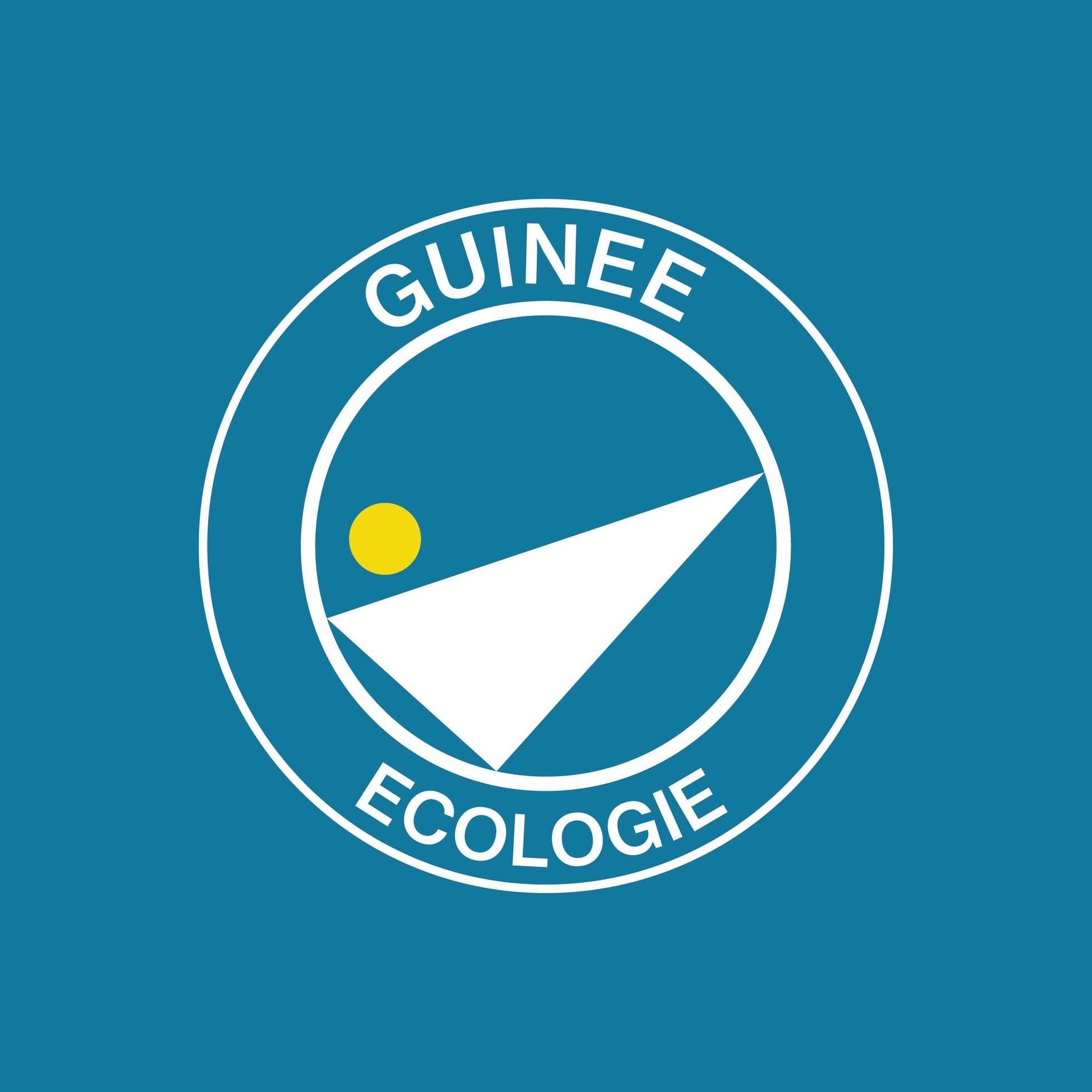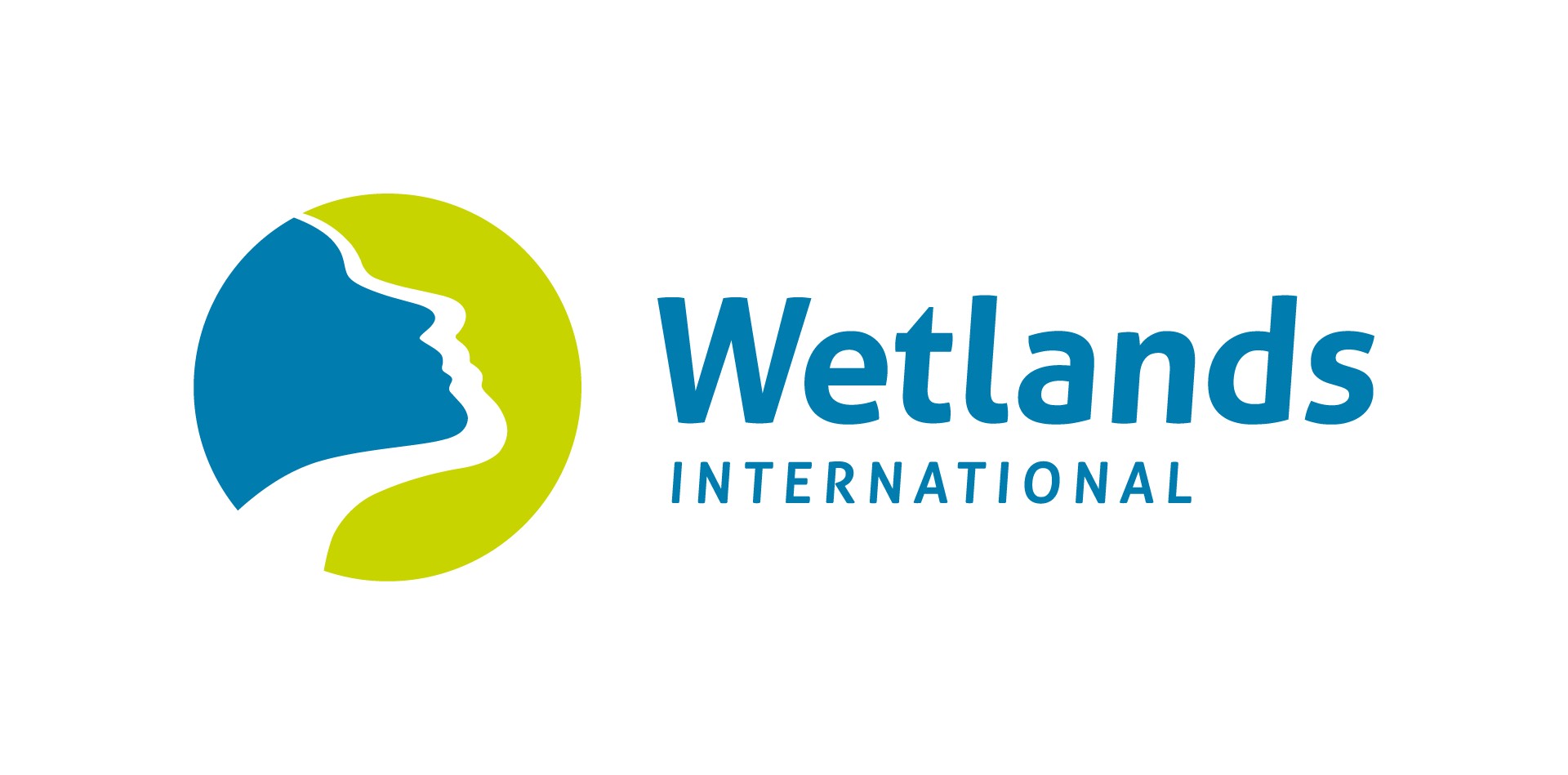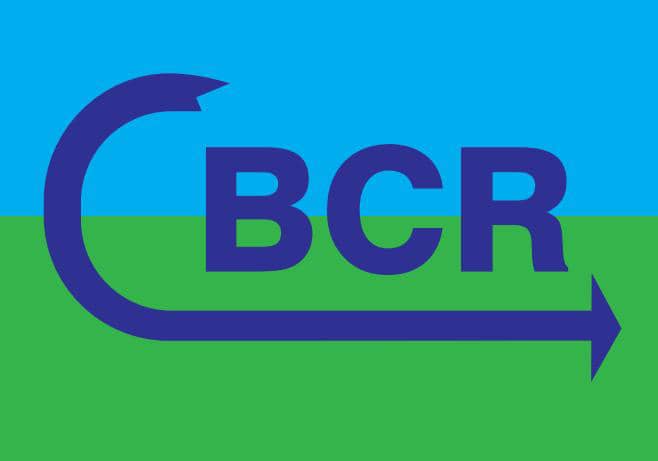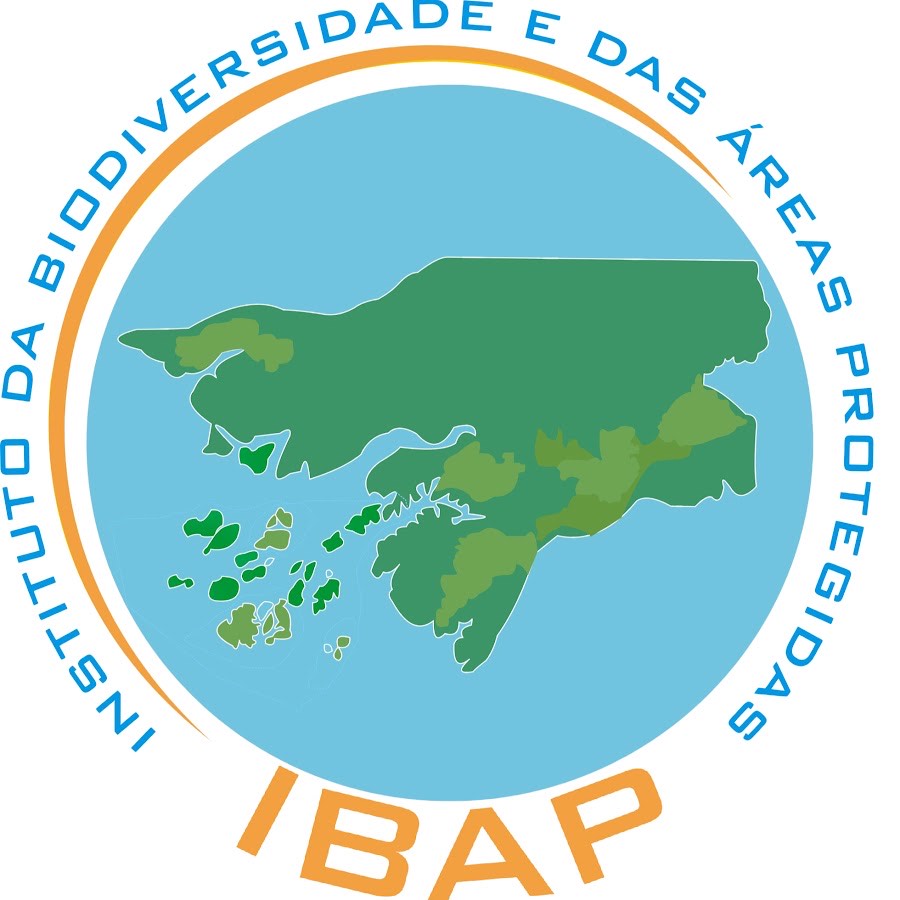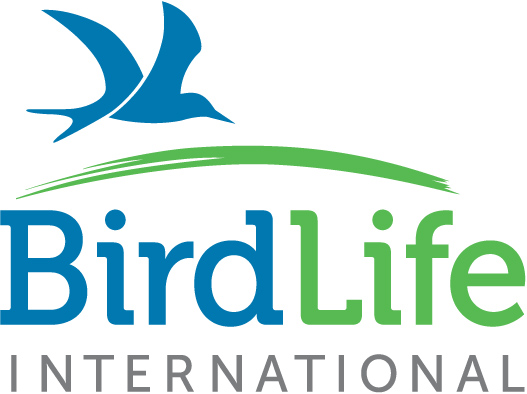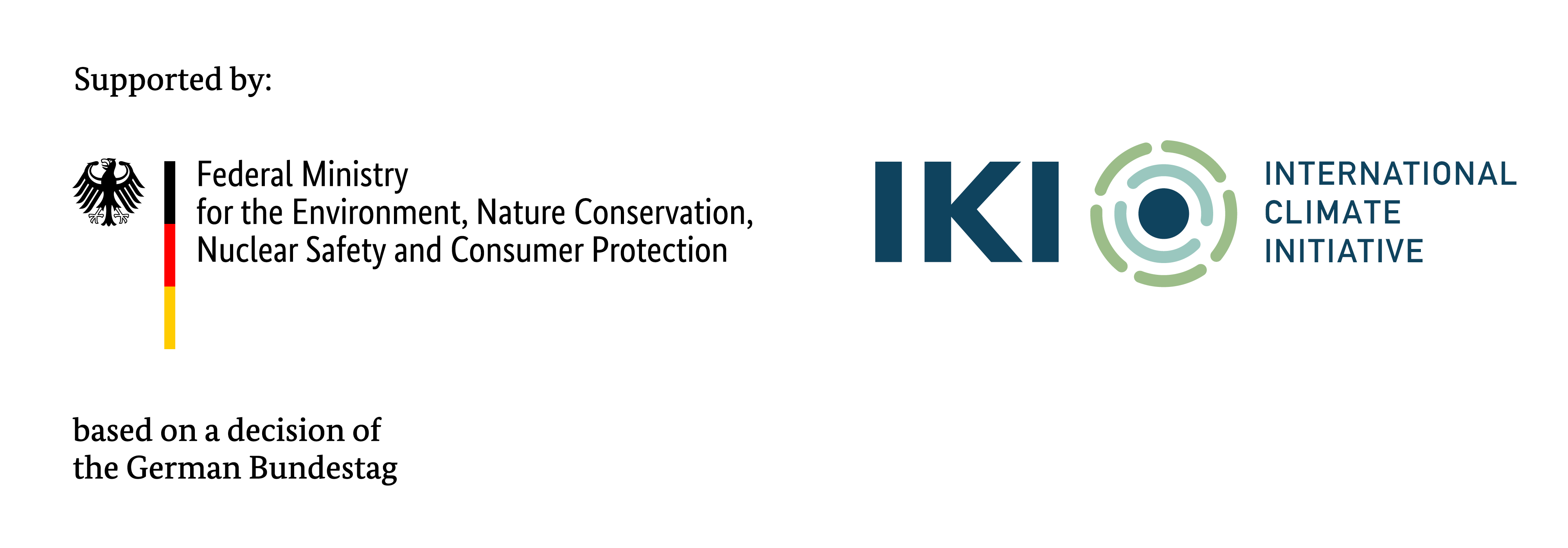Climate-Resilient East Atlantic Flyway
The Climate-Resilient East Atlantic Flyway (CREAF) is a bold, transformative project working to conserve wetlands, safeguard migratory birds, and build climate resilience across one of the world’s most vital flyways for migratory waterbirds. Spanning 11 countries along the African Atlantic coastline, CREAF brings together 15 partners from Africa and Europe to improve monitoring and management, implement nature-based solutions, promote policy reform, and empower local communities, especially women and youth.
Project pillars
Wetland Management
Restoring and safeguarding wetlands across the East Atlantic Flyway to protect migratory birds, enhance biodiversity, and strengthen climate resilience for the communities that depend on these vital ecosystems.
Monitoring & Research
Building robust local capacity to monitor bird populations, wetland health, and climate change impacts, generating the data and insight needed to guide effective conservation, policy, and planning.
Policy & Governance
Embedding wetlands and flyway conservation into national policies and regional frameworks, ensuring coordinated, science-based action to protect critical habitats across 11 countries.
Empowering Communities
Equipping women, youth, and local monitors with tools, knowledge, and opportunities to lead in conservation. CREAF supports nature-based solutions that are not only sustainable but also livelihood-driven
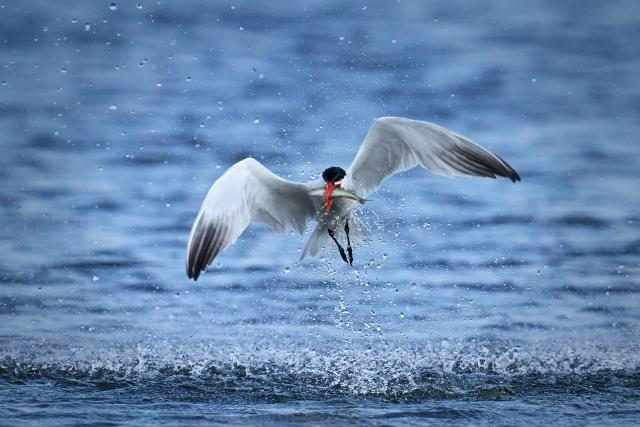
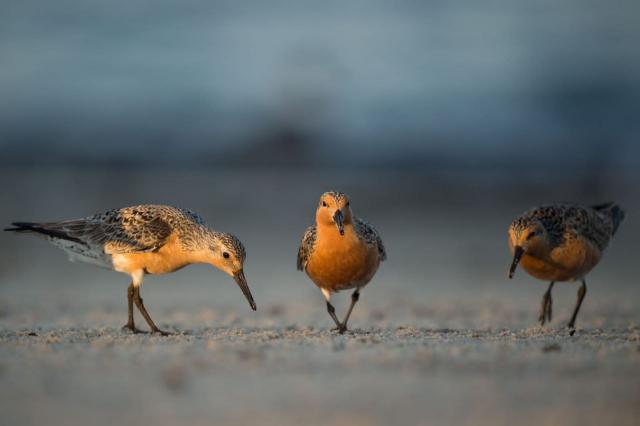
East Atlantic Flyway in Focus
Stretching across more than 33 countries, the East Atlantic Flyway links critical wetlands from the Arctic Circle to the southern tip of Africa. CREAF concentrates its efforts in 11 priority countries where wetland ecosystems are lifelines for both migratory birds and people:
Morocco, Mauritania, Senegal, Guinea-Bissau, Guinea, Sierra Leone, Ghana, Nigeria, Angola, Namibia, and South Africa.
From the Bijagós Archipelago and Banc d’Arguin to the Saloum Delta, CREAF supports wetland protection, sustainable livelihoods, and climate resilience across this vital migratory corridor.
At the heart of CREAF are the people protecting wetlands and monitoring migratory birds, such as community leaders, youth, and researchers.

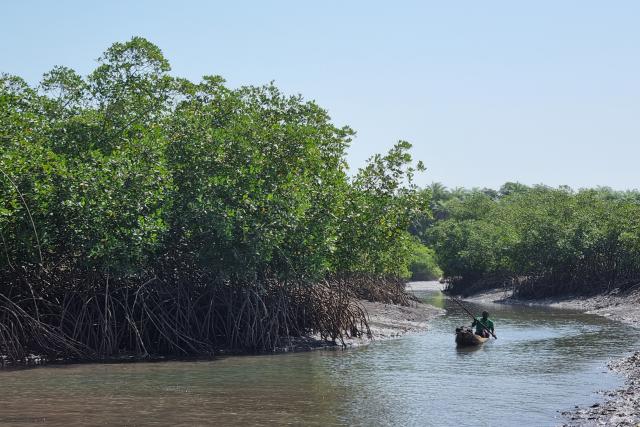
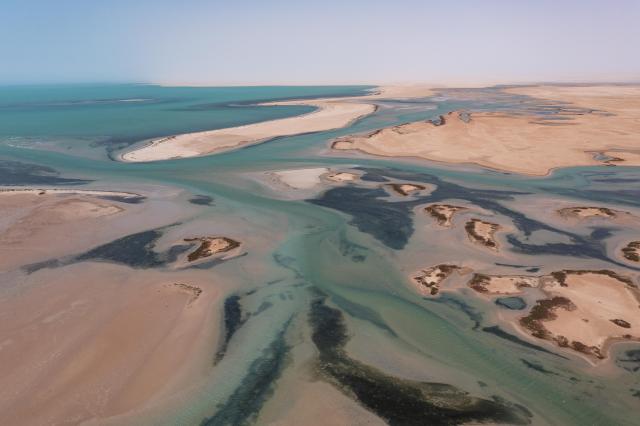
Voices from the Flyway
“Participating in international conservation through this initiative has broadened my perspective and deepened my sense of purpose. The efforts we make today shape the future of our planet.”
— Emmanuel Nii Attram Taye, Ghana
“Les oiseaux nous disent quand il y'a les changements”
— Thioro Sylla , Senegal
“Wetlands are not just water and reeds. They’re the lungs of our community, our markets, our stories.”
— Louise Sarr, president of the Palmarin Women Group Senegal
“Lorsque les oiseaux reviennent, cela signifie que notre zone humide respire encore. C'est ce que nous protégeons chaque jour”
— Feitmatt M'BEIRICK Mauritanie
Eurasian spoonbill © shutterstock/Juan Carlos
Project Partners
CREAF is led by the Common Wadden Sea Secretariat (CWSS) as part of the Wadden Sea Flyway Initiative and implemented by 15 expert organizations across Africa and Europe. It is supported by Germany’s International Climate Initiative (IKI).
Project Funding and Accountability
This project is funded by the International Climate Initiative (IKI) of the Federal Government of Germany.
Concerns related to this project can be submitted through the IKI Independent Complaint Mechanism, which ensures transparency, accountability, and the respectful handling of all project-related issues.

